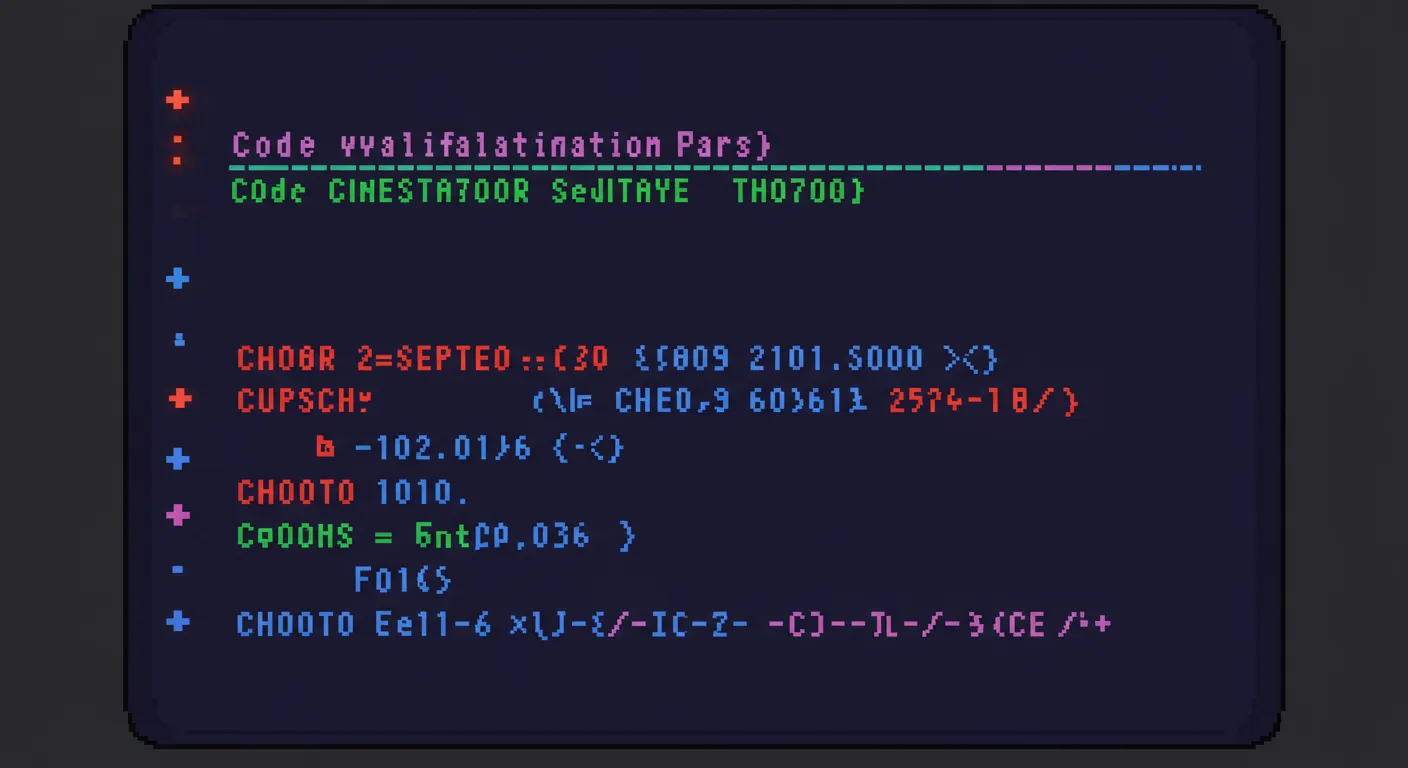The rise of Large Language Models (LLMs) in software development is creating a complex new landscape where engineers find themselves increasingly playing the role of AI supervisors rather than creators. Online commentators are wrestling with a fundamental shift in knowledge work: LLMs can generate code quickly, but their output is riddled with unpredictable errors that require meticulous human review.
The core challenge isn't just the technology's imperfection, but the psychological toll of constant validation. Senior engineers are expressing frustration at being reduced to perpetual code checkers, spending more time scrutinizing AI-generated work than actually writing original solutions. This represents a potential inversion of the traditional creative process, where technology was meant to augment human capabilities, not replace them.
The inconsistency of LLM outputs is particularly vexing. These models can produce nine perfectly acceptable code snippets before generating a tenth with critical flaws, creating a environment of constant vigilance. Unlike human junior engineers who learn and improve, current LLMs remain static, meaning the same mistakes can be repeated indefinitely.
Moreover, the review process itself is becoming increasingly complex. Engineers must not only check for technical accuracy but also understand the context and potential hidden errors in AI-generated code. This requires a level of expertise that paradoxically comes from the very junior-level coding experiences that LLMs are now attempting to replace.
The industry stands at a critical juncture, where the promise of AI-assisted coding must be balanced against the very real human cost of turning skilled professionals into perpetual quality control specialists.


